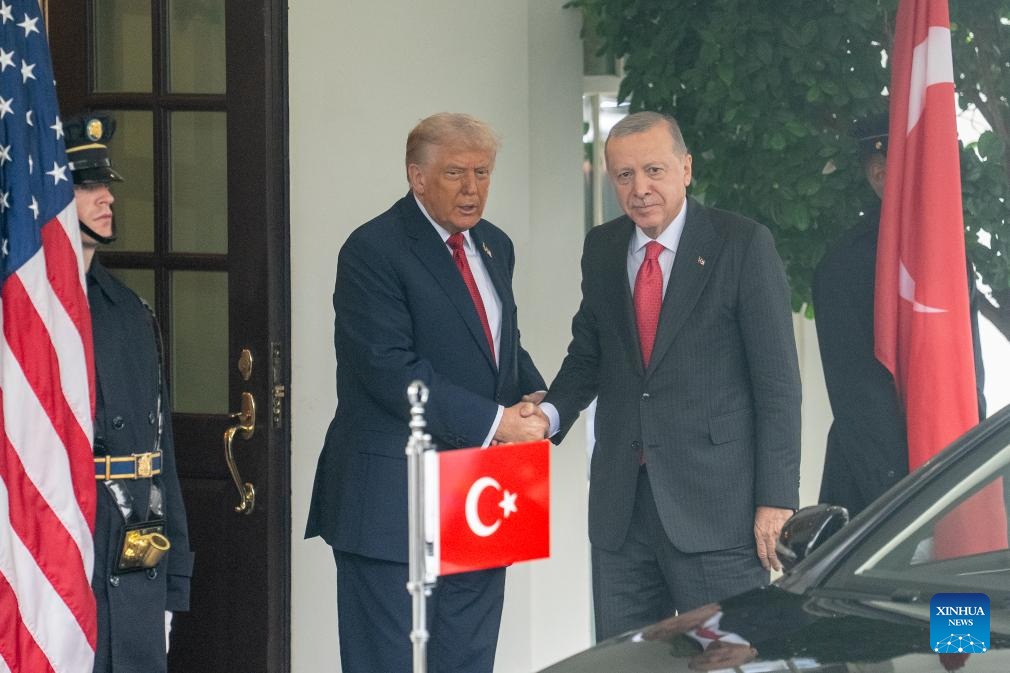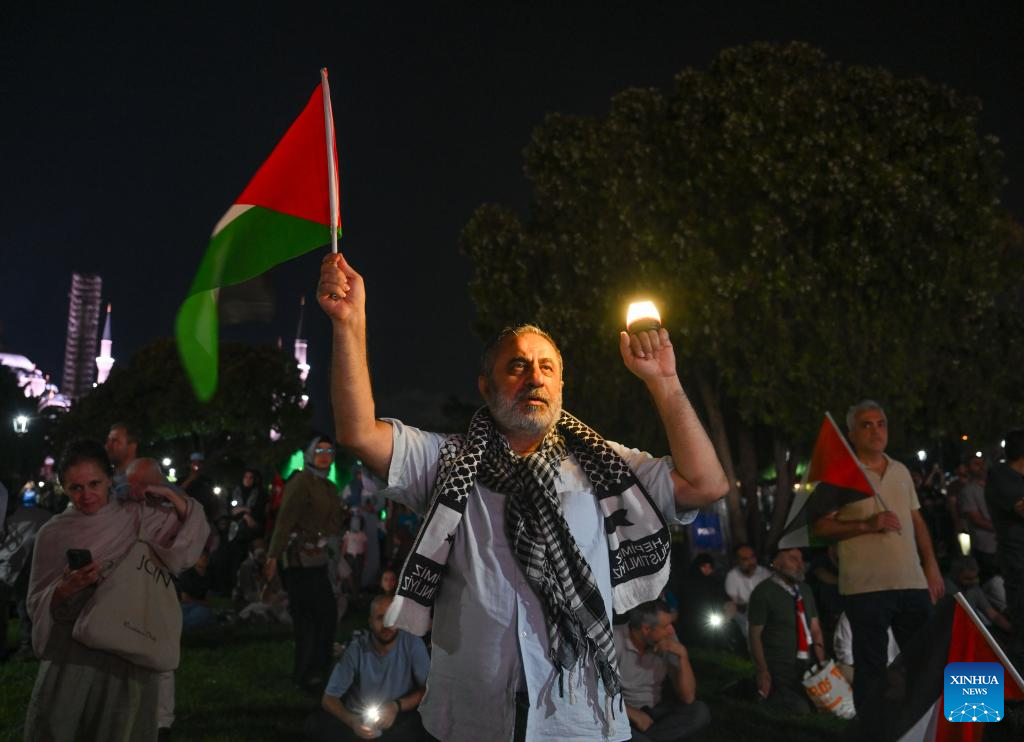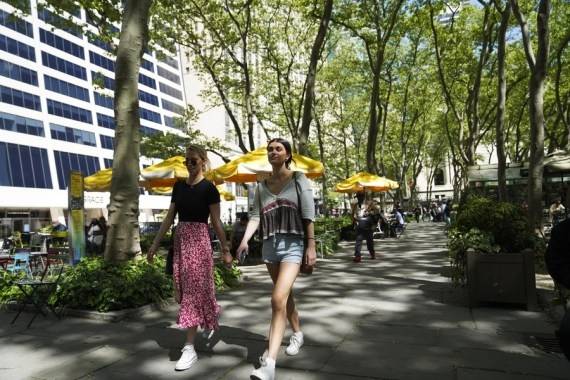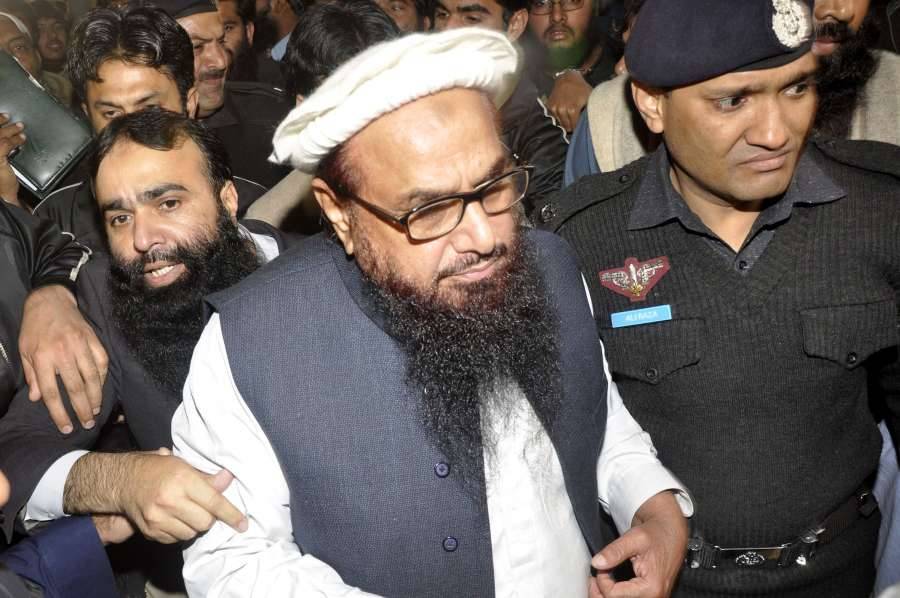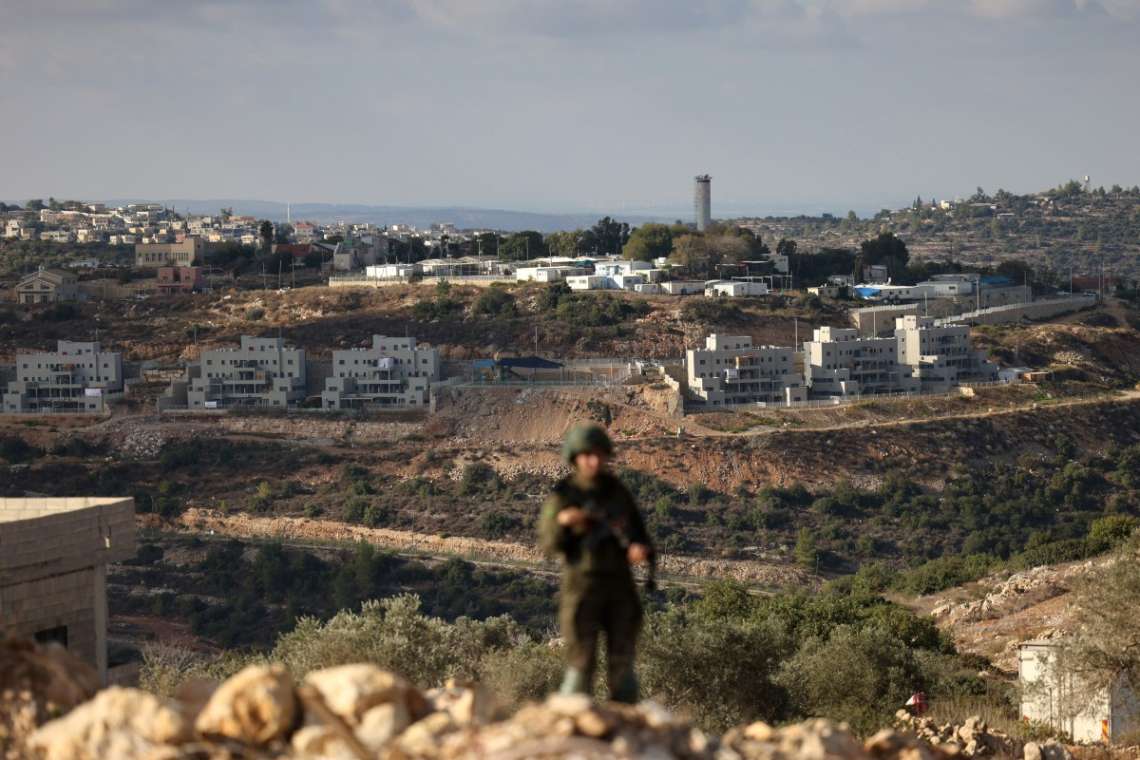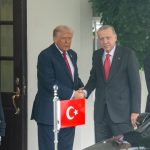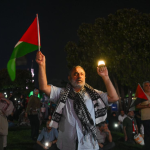A new kid has appeared in the Eurasian bloc – the Organisation of Turkic States. And its ramifications will reverberate across the region and beyond. But not everyone will be happy. The organisation, which includes Turkey, Azerbaijan, Kazakhstan, Kyrgyzstan, and Uzbekistan, and observer states Hungary and Turkmenistan, is not a new one…writes Aditi Bhaduri
Representing 2.15% of the world’s population and 1% of the world’s territory, it was initiated in 2009, the brainchild of the first (and former) President of Kazakhstan – Nursultan Nazarbayev. A decade free from the Soviet yoke, Central Asian states are furiously in the business of nation building. Historical legacy becomes increasingly important as does the search for roots. The idea of consolidation of Turkic speaking nations was thus particularly attractive while also economically beneficial.

Turkey next door was both an inspiration as well as a role model. One of the first to recognise the independence and sovereignty of the Central Asian states after the disintegration of the Soviet Union, Turkey became one of the largest investors in the region, building infrastructure, engaging in trade and business in the early years of independence of many of the Turkic Central Asian Republics – Kazakhstan, Kyrgyzstan, Turkmenistan and Uzbekistan.
This year, however, new life has been breathed into the organisation, reflected in the change of nomenclature – from Turkic Council to the Organisation of Turkic States at its eighth summit held in Istanbul earlier this month. It also reflects the resolve of the member-states, many of whom are coming into their own. Azerbaijan President Ilham Aliyev, Kazakhstan President Kassym-Jomart K. Tokayev, Kyrgyzstan President Sadyr Japarov, Uzbekistan President Shavkat Mirziyoyev, and Prime Minister Viktor Orban of Hungary, attended the summit, besides of course Turkish President Reccep Tayip Erdogan, whose country was hosting the event.
And the immediate cause is the first anniversary of the victory of fellow Turkic Azerbaijan over Armenia in the war the two South Caucasian states fought each other. Amply helped militarily by Turkey, Azerbaijan was able to reclaim territory it had lost to Armenia two decades ago.
At the summit, Azerbaijani President Ilham Aliyev was awarded a first time, top award, the “Supreme Order of the Turkic World”, for the victory in the Nagorno-Karabakh war last year.
In turn, Aliyev showered praise on Turkish President Reccep Tayip Erdogan, saying that Turkey and theTurkic world gained momentum around the globe thanks to Turkey’s President Erdogan’s leadership.
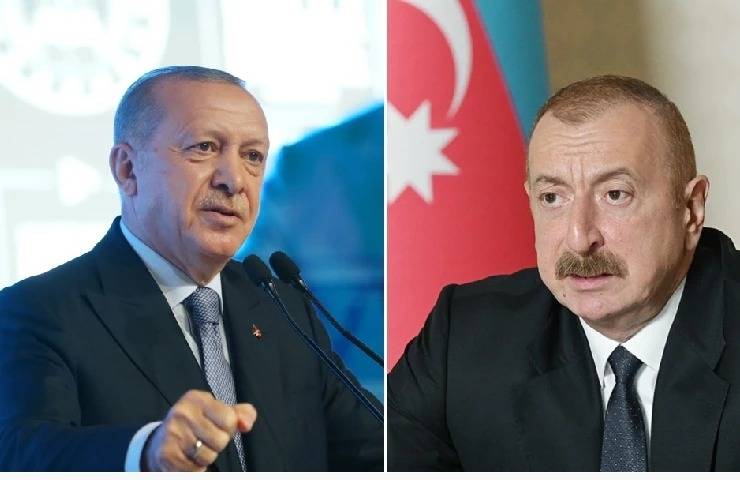
Indeed, Erdogan has invested much into the organisation. With his bid for leadership of the Muslim world not quite taking off, focussing on Turkic speaking states – or pan-Turkism – seems more viable, sustainable and, of course, profitable.
Thanks to Erdogan’s support for Azerbaijan in the war in Nagorno-Karabakh, Azeri investments in Turkey and export of Turkish defence products rose exponentially. The Central Asian states, which have excellent bilateral relations with Turkey, have been watching closely. Sale of Turkish military products to countries like Kazakhstan also soared. Simultaneously, sandwiched as they are between Russia and China, Turkey offers a viable alternative partnership, being geographically proximate, with the added edge because of cultural, historical, and linguistic linkages.
“The consequences of the support provided to Azerbaijan during the Karabakh War strengthened the Turkic world and caused an enormous advantage,” wrote Baghdad Amreyev, Secretary General of Turkic Council wrote in an Op-ed for the Turkish Hurriyet.
“The sun will rise from the East again,” said Erdogan at the summit. The Turkic region, which served as the cradle of civilization for thousands of years, will once again become a center of attraction and enlightenment for all humanity he promised as he unveiled Vision 2040 – a strategic document that the members adopted at the summit and which will steer the organisation towards greater political and economic cohesion.
ALSO READ: UAE, Turkey renew Business Council Agreement
From Kazakhstan in the east to Turkey on the Mediterranean, the organisation can be a formidable bloc. With Azerbaijan’s capture of territories held previously by Armenia, it offers the landlocked central Asian countries a route to the sea and an alternative to China’s Belt and Road Initiative. Russia and Iran will be closely watching.


